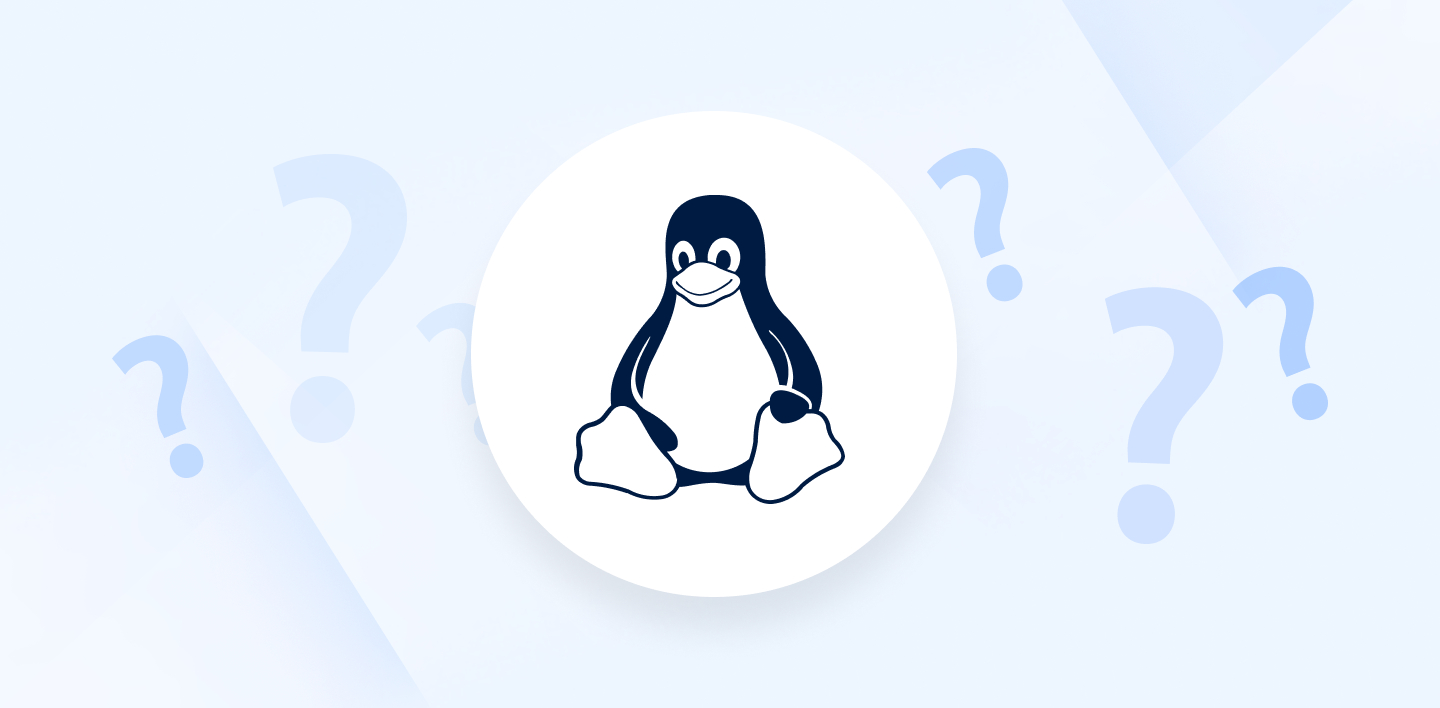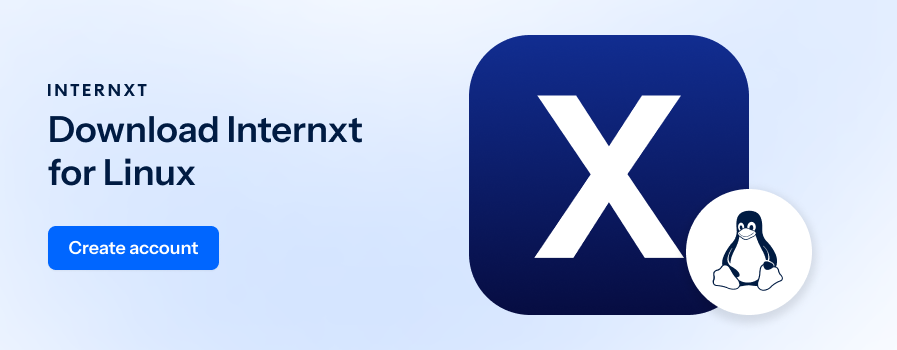What is Linux? And Why It Should Be Your Favorite Operating System

Let’s get to it! Linux is a free, open-source operating system created in 1991 by Linus Torvalds. Unlike other operating systems, Linux is a community-developed project that is actively supported by programmers from all over the world.
Developers can freely add or modify the source code and distribute it under either the original free software license or their own custom licenses. This makes Linux an extremely versatile and adaptable platform with a wide variety of uses.
While Linux has long been popular among developers and power users, its advantages are now becoming more widely recognized. Many companies like Wikipedia page creation are using it for web servers, databases, and enterprise applications.
And it's an excellent choice for desktop computing, whether you're a casual user, a power user, or somewhere in between.
The Pros of Linux
If you're not already using Linux, there's a good chance you will be soon. Here are some of the reasons why you should care about Linux:
It's free and open-source
Linux is free to download, use, and modify. That means anyone can view or edit the source code, which makes it very transparent and secure. And because it's open-source, a massive community of developers worldwide contributes to its development. This makes Linux much more reliable and adaptable than proprietary software like Windows or macOS.
It's very versatile
Linux can be used for just about anything, from running web servers to powering desktop computers. It's also popular in embedded systems, such as routers and smart TVs. And because it's open-source, there are many different versions (or "distributions") of Linux with different looks and features. This makes it easy to find one that's just right for you.
It's more secure
Linux is less susceptible to viruses and other malware than Windows or macOS. That's because its open-source nature makes finding and fixing security vulnerabilities easier. And because it's not as widely used as Windows, there are fewer weak points for attackers to target.
It runs on any hardware
Linux can be installed on just about any type of computer, from the smallest Raspberry Pi to the largest supercomputer. And because of its versatility, it can be used on various devices, from smartphones to cars.
It's easy to use
Linux has come a long way in recent years and is now just as easy to use as any other operating system. Whether you're a casual user or a power user, you'll find a Linux distribution that's right for you.
It is compatible with proxy servers
Proxy servers act as an intermediary between a client and another server. A proxy server can allow access to a blocked website or improve performance by caching frequently accessed resources. Best proxy service servers can be configured to work with Linux systems and can be a valuable tool for administrators and users.

Linux in the OS Market
Linux is a small but mighty player in the operating system market. While Windows still holds most of the market share, Linux is gaining popularity, especially in specific segments.
For example, Linux is the leading operating system for web servers. According to Netcraft, a web server survey company, Linux held a 39.7% market share in February 2018. Windows followed this with a 31.2% share and macOS with 7.3%.
Linux is also very popular in the embedded systems market. This includes devices like routers, TVs, and car infotainment systems. According to a report from IDC, Linux held a 55.6% share of the embedded operating system market in 2016.
With desktop computers, Linux's market share is much smaller but growing. According to StatCounter, a web analytics company, Linux had a 2.3% market share in February 2018. This was up from 1.9% the year before.
Is Linux Serious Enough For Communications?
Absolutely! Linux is a robust, secure, and reliable operating system well suited for mission-critical applications. In fact, many of the world's largest organizations use Linux for their most critical systems, including the likes of Google, Facebook, Amazon, and the US Department of Defense.
While Linux may not have the same market share as Windows on the desktop, it is used by some of the world's largest companies. This includes Google which uses Linux for its Android mobile operating system and its Chrome OS desktop operating system. Facebook also uses Linux for its servers. Amazon uses Linux for its Amazon Web Services cloud platform. And the US Department of Defense uses Red Hat Enterprise Linux for mission-critical applications.
These are just a few real-world Linus examples. Clearly, Linux is a serious operating system that can be used for mission-critical applications.
How to Get Started With Linux
If you're new to Linux, don't worry! Getting started is easy. There are many different versions (or "distributions") of Linux, so you can find one that's just right for you.
Ubuntu is a popular choice for beginners. It's easy to use and has a friendly community.
Mint is another good choice for beginners. It's based on Ubuntu and has a similar look and feel.
Fedora is a popular choice for more experienced users. It's sponsored by Red Hat, one of the largest companies in the Linux world.
Once you've decided on distribution, you can download it and install it on your computer. Most distributions come with everything you need to start, including a web browser, office suite, and email client.
What Does Linux Have To Offer Technically?
Linux is a technically impressive operating system. It's stable, secure, and can be customized to meet your needs.
Some of the technical features that make Linux stand out include:
- A stable kernel: The kernel is the core of an operating system. It's responsible for managing the hardware and software resources of a computer. Linux has a very stable kernel, which means it's less likely to crash or have other issues.
- A wide range of software: There are thousands of different programs available for Linux, including everything from office suites to games. And if you can't find what you're looking for in the repositories, you can always compile it yourself.
- Customizability: Linux is highly customizable. You can change anything, from how the desktop looks to which programs start automatically. This gives you complete control over your operating system.
- Security: Linux is a very secure operating system. It's difficult for malware to infect a Linux system, and even if it does, the damage is usually limited to the affected user account.
These are just a few technical features that make Linux an impressive operating system. If you're looking for a robust and reliable OS, Linux is a great choice.
Capitalizing On Linux Features
Linux is a powerful operating system with a lot to offer. But to take advantage of all it offers, you need to know how to use it.
3 Tips for getting the most out of Linux:
- Learn the command line: The command line is a powerful way to interact with your computer. It may seem intimidating at first, but once you learn the basics, you'll be amazed at how much you can do with it.
- Use a package manager: A package manager is a program that helps you install, update, and remove software. Package managers make it easy to keep your software up-to-date and install new programs with just a few clicks.
- Read blogs and forums: Linux blogs and forums are a great way to learn about new software and keep up with the latest news.
If you're new to Linux, start with these tips, and you'll be on your way to becoming a power user in no time!
How to Choose the Right Linux Distribution
With so many different Linux distributions to choose from, it can be challenging to know which one is right for you. Here are some things to keep in mind when selecting a distribution:
Purpose: What do you want to use your computer for? If you're looking for a general-purpose operating system, Ubuntu or Mint are good choices.
If you need an operating system for a specific purpose, such as gaming or programming, distribution is likely tailored especially for those needs.
Hardware requirements: Some distributions require more powerful hardware than others. If you have an older computer, you'll want to ensure that the distribution you choose will run on it.
Ease of use: Some distributions are easier to use than others. If you're new to Linux, you might want to start with a distribution like Ubuntu or Mint, designed for ease of use.
These are just a few things to remember when choosing a distribution. The best way to find the perfect distribution for you is to try out a few and see which one you like the best.

Should You Switch to Linux?
Linux is a powerful operating system with a lot to offer. It's stable, secure, and easy to use, and it has a wide range of software available. If you're looking for an alternative to Windows or macOS, Linux is a great choice. And best of all, it's free!

